FM: Direct Kosovo talks in New York
Foreign Minister Vuk Jeremić said agreement was reached for Belgrade and Priština to start direct Kosovo talks soon.
Thursday, 30.08.2007.
10:09

Foreign Minister Vuk Jeremic said agreement was reached for Belgrade and Pristina to start direct Kosovo talks soon. Jeremic explained that the direct negotiations on the province's future status should start as soon as possible, on the sidelines of the UN General Assembly in New York, scheduled for late September. FM: Direct Kosovo talks in New York "From the outset of the new round of talks, Belgrade has been insisting on starting direct negotiations with Pristina as soon as possible," he told reporters after the meeting between the Belgrade delegation and the Troika in Vienna Thursday. The first day of renewed, separate talks between the Contact Group Troika made up of EU's Wolfgang Ischinger, Frank Wisner from the U.S., and Russia’s Alexandr Botsan-Kharchenko, and Belgrade and Pristina teams concluded earlier in the Austrian capital. "What is important is that Belgrade, Pristina and the Troika all agreed that there must be absolute commitment to peace and that threats of violence are unacceptable," he said. "A delicate phase is starting in which endeavors will be made to reach a compromise solution which would secure a peaceful and stable future for Western Balkans." " Violence and threats of violence are not conducive to that goal," said Jeremic, who co-chairs the Belgrade delegation. The other co-chairman, Minister for Kosovo Slobodan Samardzic, said that the Belgrade delegation presented to the Troika Serbia's vision of the future status of Kosovo. The Belgrade delegation presented a complex idea whose goal is to resolve the problem, he said. According to this plan, Kosovo would have more prerogatives than ever, more than in the former Yugoslavia, during the rule of Slobodan Milosevic or under the present Constitutional Framework, Samardzic emphasized. The Belgrade team tried to acquaint the Troika with this idea and expressed Serbia's commitment to keep the proposal open for discussion, not in a "take it or leave it" form, but in a way to get the other party to take part in negotiations in the second phase of the talks, he said. Samardzic expressed hope that the two principles Belgrade has proposed to the Troika will be accepted - to hold direct talks with Pristina and to discuss status rather than other issues. Nevertheless, they too are important, Samardzic said, listing protection of cultural and religious monuments as an example. Delegations arrive at the Austrian Foreign Affairs Ministry (FoNet) Ischinger dismisses partition talk As the first day of a new round of talks continued today, the diplomats first met with the Kosovo Albanian team, and continued to hold discussions with the Belgrade delegation. Ischinger said at the news conference following the meetings that the talks presented an opportunity for the two sides to reveal their proposals for the solution to the future Kosovo status. He added the Troika planned to pursue "a dynamic schedule" as talks continue in September. Ischinger hinted at the possibility that representatives of the Serbian government and ethnic Kosovo Albanian officials might meet during the UN General Assembly session in New York late next month. The EU representative urged the direct talks between the sides to start "as soon as possible". Ishinger also said that Kosovo's partition was not on the table today, adding it will not be considered in the future either. "The question of partition, which generated media interest, has never been on the agenda of the Troika or raised by either party," he said, and added that the mediators remained dedicated to the Contact Group principles which reject a division of the province. Botsan-Kharchenko told journalists that "no great progress can be expected from the discussions", but that the meetings were only a start to the process, where the Troika will work to find a compromise solution. The Kosovo Albanians, represeted at the highest level, arrived last night. The Pristina delegation includes Prime Minister Agim Ceku and President Fatmir Sejdiu. The Belgrade team is led by Minister for Kosovo Slobodan Samardzic and Foreign Minister Vuk Jeremic. Although journalists did not have access to the building housing Austria’s Foreign Ministry where the talks took place, Ischinger did address the media before the start of proceedings, along with Austrian Foreign Minister Ursula Plassnik. The EU envoy said that he was hoping for a good start to the talks and, asked whether he was annoyed that Belgrade, unlike Pristina, had failed to send her highest level representatives, he replied that it was up to the two sides to decide who to send to the negotiations. Plassnik also expressed the hope that both sides would make better use of the talks to find a solution to the Kosovo question. Wolfgang Ischinger "Bilateral" proclamation of independence doesn't exist, says Surroi The Contact Group’s mediating Troika for Kosovo spent about three hours in talks with the Pristina delegation, which ended at about 11.30 this morning. Spokesman Skender Hyseni said afterwards that the Pristina team had presented its vision of future relations with Serbia, as "equal, independent nations." The Albanian negotiating team is returning to Pristina immediately where they are due to hold a news conference just before 5 p.m.. "The Kosovo team reiterated its position that there can be no negotiations over the Ahtisaari package. We were also glad to hear the Troika repeat one of the Contact Group’s fundamental principles - that is, the territorial integrity of Kosovo," Hyseni told reporters in Vienna. Pristina negotiating team member Veton Surroi announced that the Kosovo Albanians were prepared to negotiate with Belgrade any time and anywhere, although they felt that Kosovo’s status should be resolved by December 10. "The possibility of partition has been dismissed, and neither side wants to talk about it. We understand the detrimental consequences this would have, not just for us but for regional stability." Asked whether he thought the province’s status would be settled in the Security Council, Surroi replied: "We can’t tell. What we can do is offer as many ideas for a solution as we can, but we can’t just keep on going from one process to the next ad infinitum." "We want this situation to be resolved, and we want it resolved within the timeframe established by the UN General Secretary," he added When asked if, after December 10, the Kosovo Albanians would unilaterally proclaim independence, he answered, "there’s no such thing as a bilateral proclamation". Ceku: No more delay Kosovo's prime minister vowed Thursday to declare independence unilaterally if internationally brokered talks don't "open a way for us". Agim Ceku told The Associated Press: "No more delay. We cannot afford further uncertainty. We need a decision." Ceku said he would press for the talks to "open a way for us to declare independence." If that doesn't happen, he said, "we have to declare and we are going to ask the international community to recognize us." Wednesday, Kosovo's President Fatmir Sejdiu urged Serbia to "forever give up its claim to the province", and cast doubt that upcoming talks would yield progress with both sides refusing to budge from their entrenched positions, the AP reported. "You can't force more than two million people to think differently and revert to the rule of a country it clashed with," he said in an interview at his office in Pristina. "It is important for Belgrade to understand that it is surely easier for them to give up their claim, once and for all," Sejdiu said. "Our vision is one of the future, and of closing the chapter of bloodshed, and the tragedies that people have endured." Sejdiu said a solution to the impasse with Belgrade was unlikely. "As positions stand-no," he said. Sejdiu added that Kosovo Albanians did not "give up" on the Ahtisaari plan, adding Pristina considered it "closed for changes". Agim Ceku Belgrade, Pristina direct talks likely in late September: EU The EU expects direct talks between the Belgrade and Pristina delegations on the status of Kosovo to be held in late September, following strong diplomatic contacts and constant communication of the mediating troika with the Serbian and Albanian sides. "This is very likely, although one cannot say it with absolute confidence, given that a number of necessary steps and consultations are now to follow," EU sources in Brussels said Wednesday. A top European diplomat, directly acquainted with the Kosovo issue, told Beta that direct negotiations between Belgrade and Pristina were to take place immediately after the meeting of the Contact Group foreign ministers due in New York in late September. Sources in Brussels also stress the importance of an unofficial meeting of the EU foreign ministers in Portugal on September 7 and 8, where Kosovo will be one of the main topics. The sources go on to say that the process is heading toward the six principles that Belgrade had presented to the Contact Group, including that the two sides should eventually launch direct talks. Belgrade also believes that status is the key issue, that other topics can also be discussed, that there is no deadline, that the UN Security Council Resolution 1244 is the basis for the talks, and that their outcome must be verified by the UN Security Council. However, the sources add that UN envoy Martti Ahtisaari's plan officially remains the basis for a deal, although it can be "thoroughly expanded."
FM: Direct Kosovo talks in New York
"From the outset of the new round of talks, Belgrade has been insisting on starting direct negotiations with Priština as soon as possible," he told reporters after the meeting between the Belgrade delegation and the Troika in Vienna Thursday.The first day of renewed, separate talks between the Contact Group Troika made up of EU's Wolfgang Ischinger, Frank Wisner from the U.S., and Russia’s Alexandr Botsan-Kharchenko, and Belgrade and Priština teams concluded earlier in the Austrian capital.
"What is important is that Belgrade, Priština and the Troika all agreed that there must be absolute commitment to peace and that threats of violence are unacceptable," he said.
"A delicate phase is starting in which endeavors will be made to reach a compromise solution which would secure a peaceful and stable future for Western Balkans."
" Violence and threats of violence are not conducive to that goal," said Jeremić, who co-chairs the Belgrade delegation.
The other co-chairman, Minister for Kosovo Slobodan Samardžić, said that the Belgrade delegation presented to the Troika Serbia's vision of the future status of Kosovo.
The Belgrade delegation presented a complex idea whose goal is to resolve the problem, he said.
According to this plan, Kosovo would have more prerogatives than ever, more than in the former Yugoslavia, during the rule of Slobodan Miloševic or under the present Constitutional Framework, Samardžić emphasized.
The Belgrade team tried to acquaint the Troika with this idea and expressed Serbia's commitment to keep the proposal open for discussion, not in a "take it or leave it" form, but in a way to get the other party to take part in negotiations in the second phase of the talks, he said.
Samardžić expressed hope that the two principles Belgrade has proposed to the Troika will be accepted - to hold direct talks with Priština and to discuss status rather than other issues.
Nevertheless, they too are important, Samardžić said, listing protection of cultural and religious monuments as an example.
Ischinger dismisses partition talk

Ischinger said at the news conference following the meetings that the talks presented an opportunity for the two sides to reveal their proposals for the solution to the future Kosovo status.
He added the Troika planned to pursue "a dynamic schedule" as talks continue in September.
Ischinger hinted at the possibility that representatives of the Serbian government and ethnic Kosovo Albanian officials might meet during the UN General Assembly session in New York late next month.
The EU representative urged the direct talks between the sides to start "as soon as possible".
Ishinger also said that Kosovo's partition was not on the table today, adding it will not be considered in the future either.
"The question of partition, which generated media interest, has never been on the agenda of the Troika or raised by either party," he said, and added that the mediators remained dedicated to the Contact Group principles which reject a division of the province.
Botsan-Kharchenko told journalists that "no great progress can be expected from the discussions", but that the meetings were only a start to the process, where the Troika will work to find a compromise solution.
The Kosovo Albanians, represeted at the highest level, arrived last night. The Priština delegation includes Prime Minister Agim Ceku and President Fatmir Sejdiu.
The Belgrade team is led by Minister for Kosovo Slobodan Samardžić and Foreign Minister Vuk Jeremić.
Although journalists did not have access to the building housing Austria’s Foreign Ministry where the talks took place, Ischinger did address the media before the start of proceedings, along with Austrian Foreign Minister Ursula Plassnik.
The EU envoy said that he was hoping for a good start to the talks and, asked whether he was annoyed that Belgrade, unlike Priština, had failed to send her highest level representatives, he replied that it was up to the two sides to decide who to send to the negotiations.
Plassnik also expressed the hope that both sides would make better use of the talks to find a solution to the Kosovo question.
"Bilateral" proclamation of independence doesn't exist, says Surroi
The Contact Group’s mediating Troika for Kosovo spent about three hours in talks with the Priština delegation, which ended at about 11.30 this morning.Spokesman Skender Hyseni said afterwards that the Priština team had presented its vision of future relations with Serbia, as "equal, independent nations."
The Albanian negotiating team is returning to Priština immediately where they are due to hold a news conference just before 5 p.m..
"The Kosovo team reiterated its position that there can be no negotiations over the Ahtisaari package. We were also glad to hear the Troika repeat one of the Contact Group’s fundamental principles - that is, the territorial integrity of Kosovo," Hyseni told reporters in Vienna.
Priština negotiating team member Veton Surroi announced that the Kosovo Albanians were prepared to negotiate with Belgrade any time and anywhere, although they felt that Kosovo’s status should be resolved by December 10.
"The possibility of partition has been dismissed, and neither side wants to talk about it. We understand the detrimental consequences this would have, not just for us but for regional stability."
Asked whether he thought the province’s status would be settled in the Security Council, Surroi replied: "We can’t tell. What we can do is offer as many ideas for a solution as we can, but we can’t just keep on going from one process to the next ad infinitum."
"We want this situation to be resolved, and we want it resolved within the timeframe established by the UN General Secretary," he added
When asked if, after December 10, the Kosovo Albanians would unilaterally proclaim independence, he answered, "there’s no such thing as a bilateral proclamation".
Ceku: No more delay

Agim Ceku told The Associated Press: "No more delay. We cannot afford further uncertainty. We need a decision."
Ceku said he would press for the talks to "open a way for us to declare independence."
If that doesn't happen, he said, "we have to declare and we are going to ask the international community to recognize us."
Wednesday, Kosovo's President Fatmir Sejdiu urged Serbia to "forever give up its claim to the province", and cast doubt that upcoming talks would yield progress with both sides refusing to budge from their entrenched positions, the AP reported.
"You can't force more than two million people to think differently and revert to the rule of a country it clashed with," he said in an interview at his office in Priština.
"It is important for Belgrade to understand that it is surely easier for them to give up their claim, once and for all," Sejdiu said.
"Our vision is one of the future, and of closing the chapter of bloodshed, and the tragedies that people have endured."
Sejdiu said a solution to the impasse with Belgrade was unlikely.
"As positions stand-no," he said.
Sejdiu added that Kosovo Albanians did not "give up" on the Ahtisaari plan, adding Priština considered it "closed for changes".
Belgrade, Priština direct talks likely in late September: EU
The EU expects direct talks between the Belgrade and Priština delegations on the status of Kosovo to be held in late September, following strong diplomatic contacts and constant communication of the mediating troika with the Serbian and Albanian sides."This is very likely, although one cannot say it with absolute confidence, given that a number of necessary steps and consultations are now to follow," EU sources in Brussels said Wednesday.
A top European diplomat, directly acquainted with the Kosovo issue, told Beta that direct negotiations between Belgrade and Priština were to take place immediately after the meeting of the Contact Group foreign ministers due in New York in late September.
Sources in Brussels also stress the importance of an unofficial meeting of the EU foreign ministers in Portugal on September 7 and 8, where Kosovo will be one of the main topics.
The sources go on to say that the process is heading toward the six principles that Belgrade had presented to the Contact Group, including that the two sides should eventually launch direct talks.
Belgrade also believes that status is the key issue, that other topics can also be discussed, that there is no deadline, that the UN Security Council Resolution 1244 is the basis for the talks, and that their outcome must be verified by the UN Security Council.
However, the sources add that UN envoy Martti Ahtisaari's plan officially remains the basis for a deal, although it can be "thoroughly expanded."





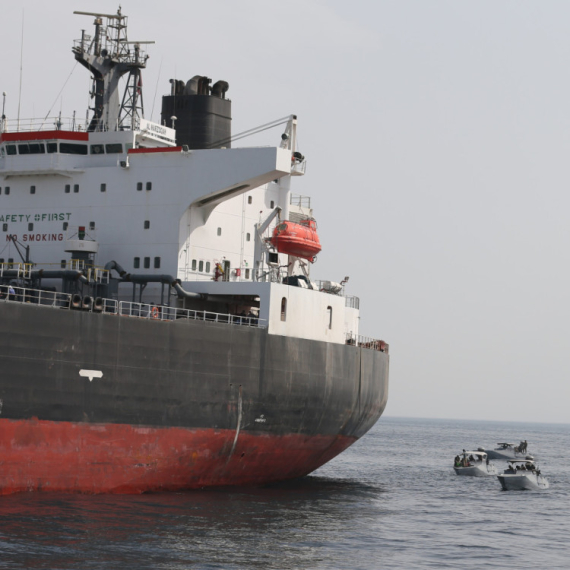






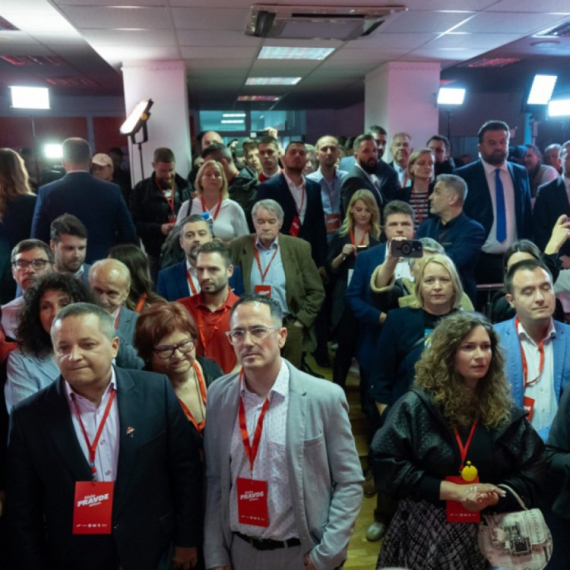
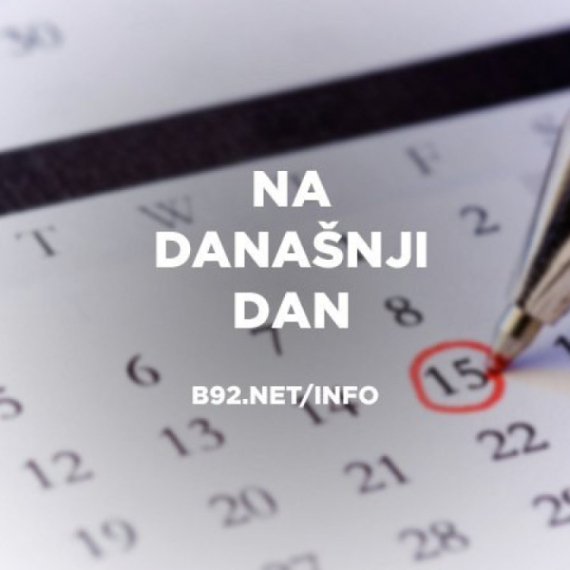
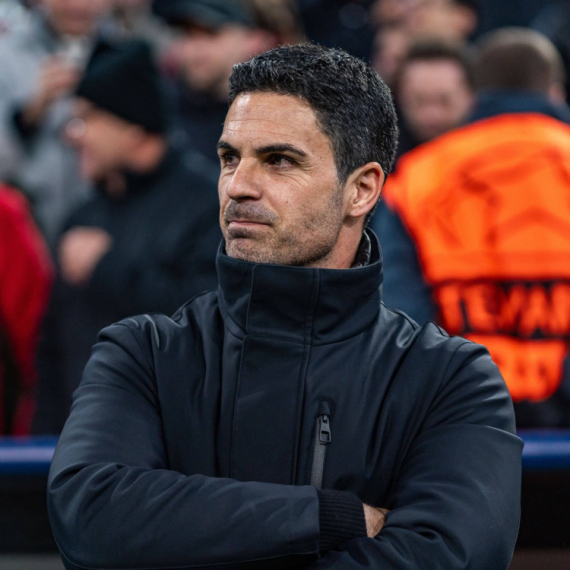
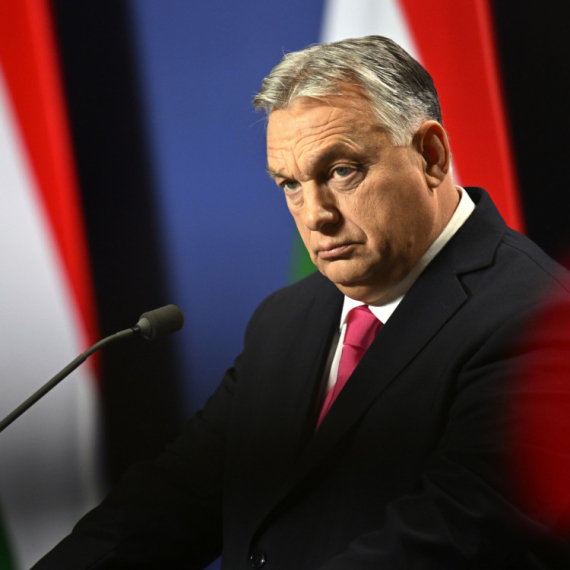
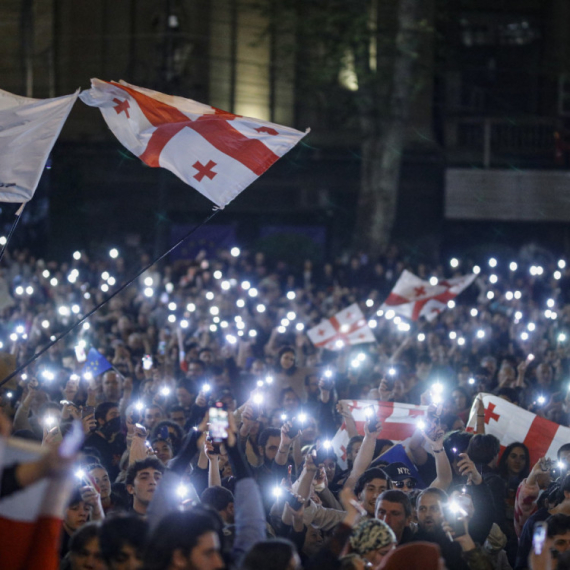

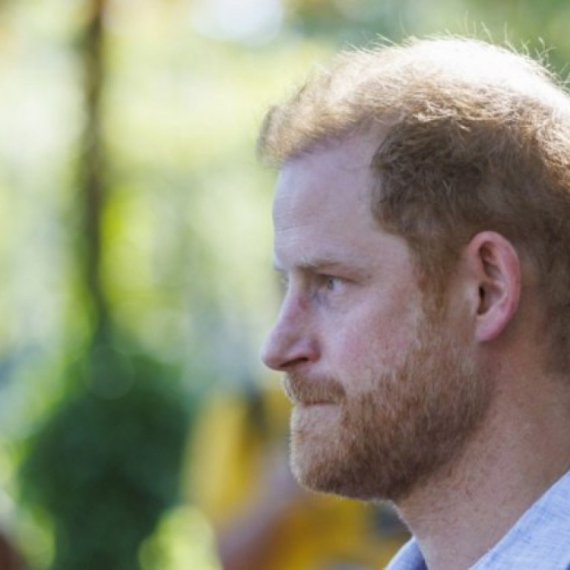






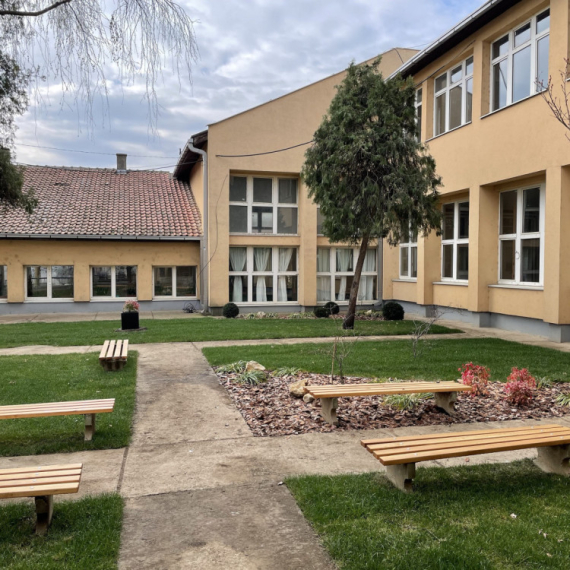





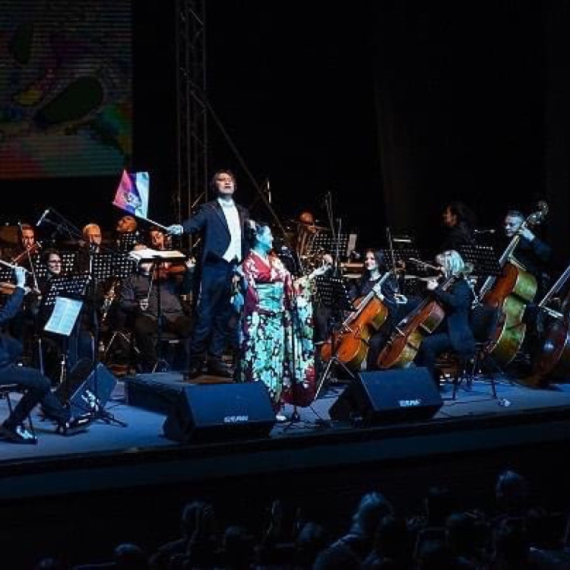





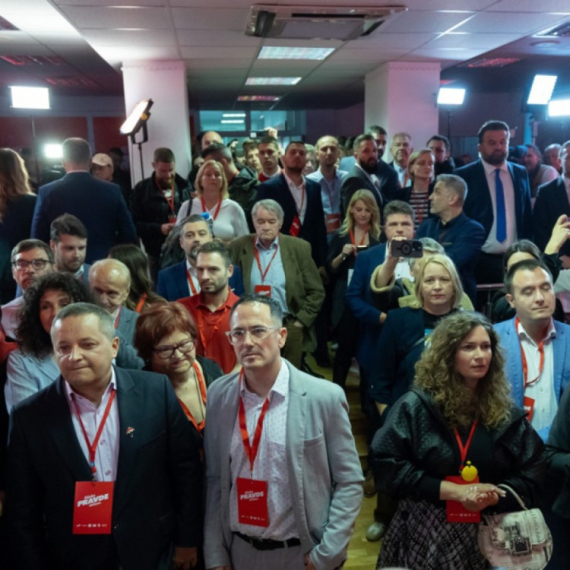



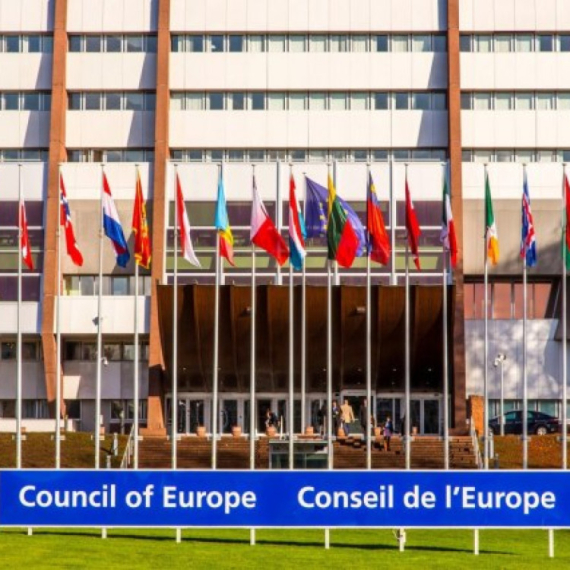










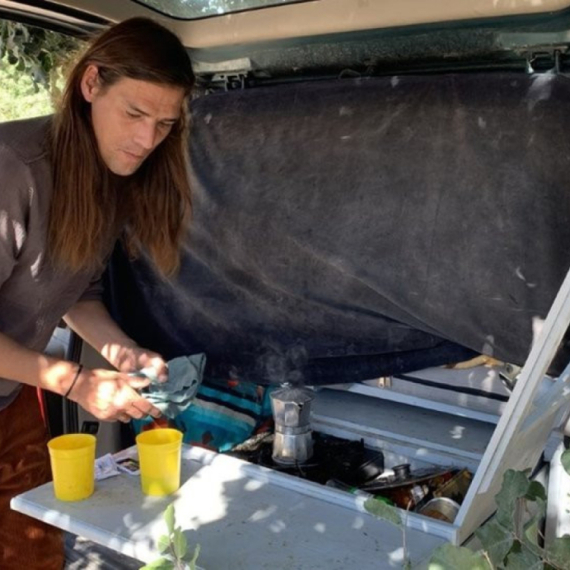
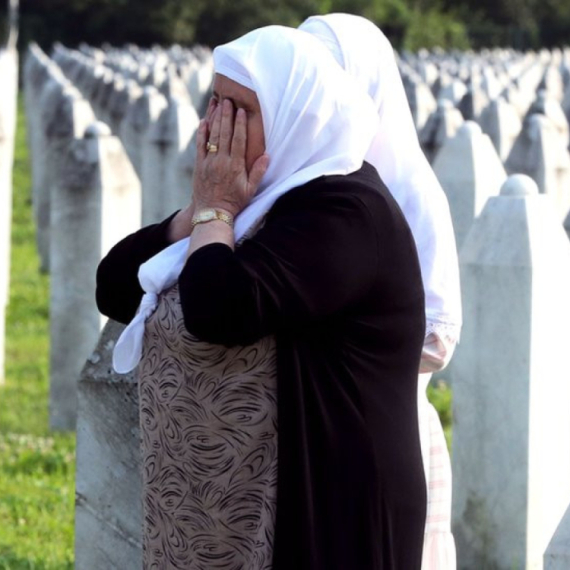
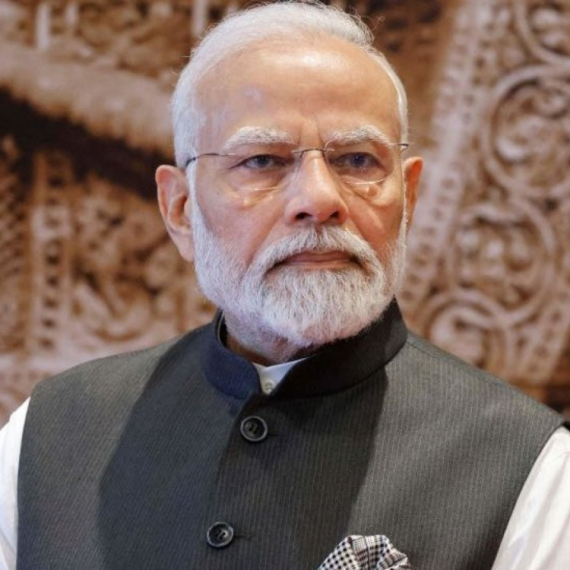
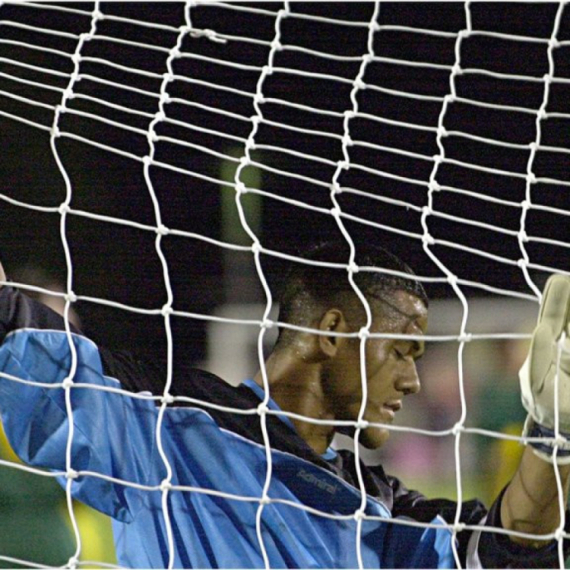
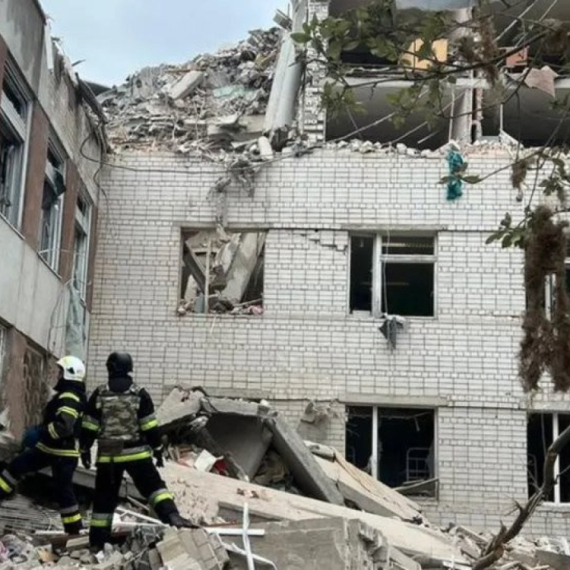

Komentari 47
Pogledaj komentare